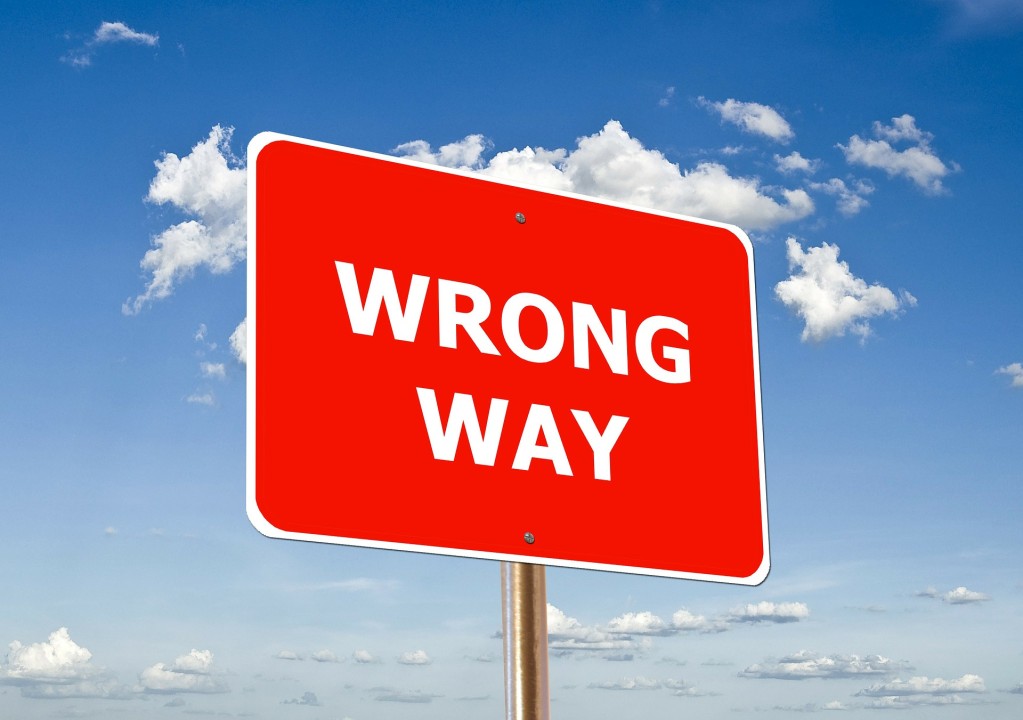
Nice try, but this is not what a settled statement is for.
The defendant in **********Rok Mobile, Inc. v. Brannon (D2d2 Mar. 24, 2023 No. B308642) 2023 WL 2621771 was served with a complaint but failed to answer. In October, Brannon went into default, and five months later got a default judgment against him.
On appeal from the denial of his motion to set aside the judgment, Brannon came up with a clever application of the settled statement process. Remember that a settled statement is a summary description of the documents or oral proceedings in the trial court. Brannon put together a settled statement that said he never got notice of the October default.
But the settled statement contradicted the declaration of Rok's counsel in the written record. Rok’s counsel declared under penalty of perjury that he mailed Brannon the default the day the court clerk entered it. So the court concluded “We reject this use of the settled statement.”
Besides, the court went on, “nonreceipt of the notice [of default] shall not invalidate or constitute ground for setting aside any judgment.” (Code Civ. Proc., § 587; Rodriguez v. Henard (2009) 174 Cal.App.4th 529, 537.)
Comment: You should still consider the appellant’s example here and use a settled statement to buttress your record. Do not use a settled statement to try to rewrite the record, of course. But if documents or an oral transcript are not available to clearly show what happened, consider using a settled statement.
Some good possible applications of a settled statement: